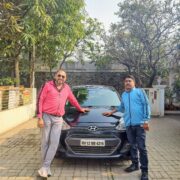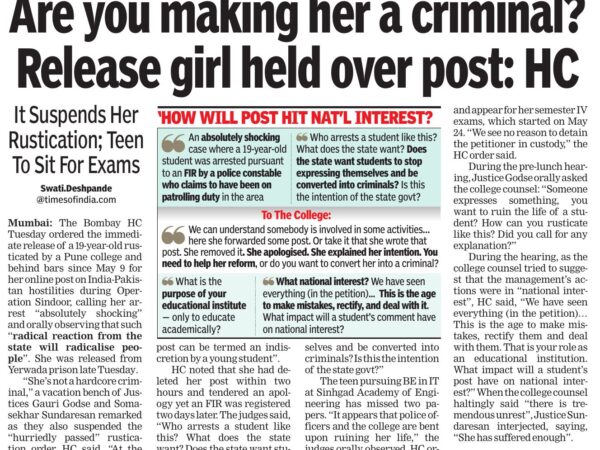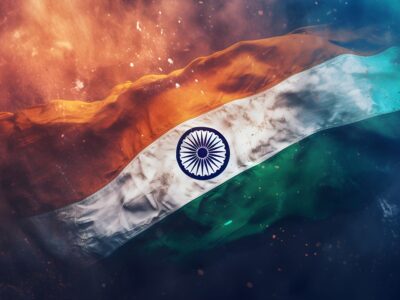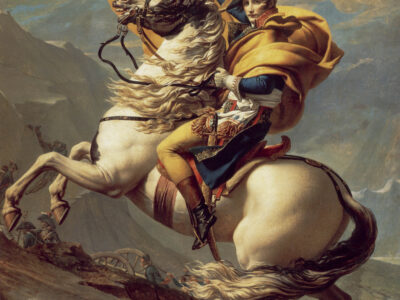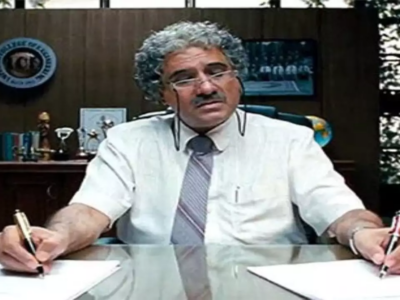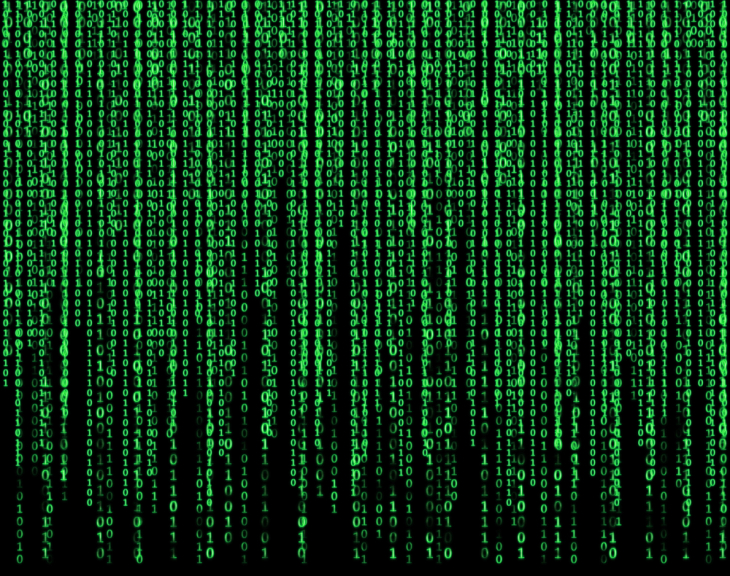 In India, when it comes to the courts of law, or any interaction with law enforcement, the process itself is the punishment. Everyone, whether the litigant, the defence, even innocent bystanders are victims in this system. There are no winners. Not even eventually when the verdict is passed after so much delay that the whole point of ‘delivering justice’ has been lost by then.
In India, when it comes to the courts of law, or any interaction with law enforcement, the process itself is the punishment. Everyone, whether the litigant, the defence, even innocent bystanders are victims in this system. There are no winners. Not even eventually when the verdict is passed after so much delay that the whole point of ‘delivering justice’ has been lost by then.Are systems memes?
 In India, when it comes to the courts of law, or any interaction with law enforcement, the process itself is the punishment. Everyone, whether the litigant, the defence, even innocent bystanders are victims in this system. There are no winners. Not even eventually when the verdict is passed after so much delay that the whole point of ‘delivering justice’ has been lost by then.
In India, when it comes to the courts of law, or any interaction with law enforcement, the process itself is the punishment. Everyone, whether the litigant, the defence, even innocent bystanders are victims in this system. There are no winners. Not even eventually when the verdict is passed after so much delay that the whole point of ‘delivering justice’ has been lost by then.